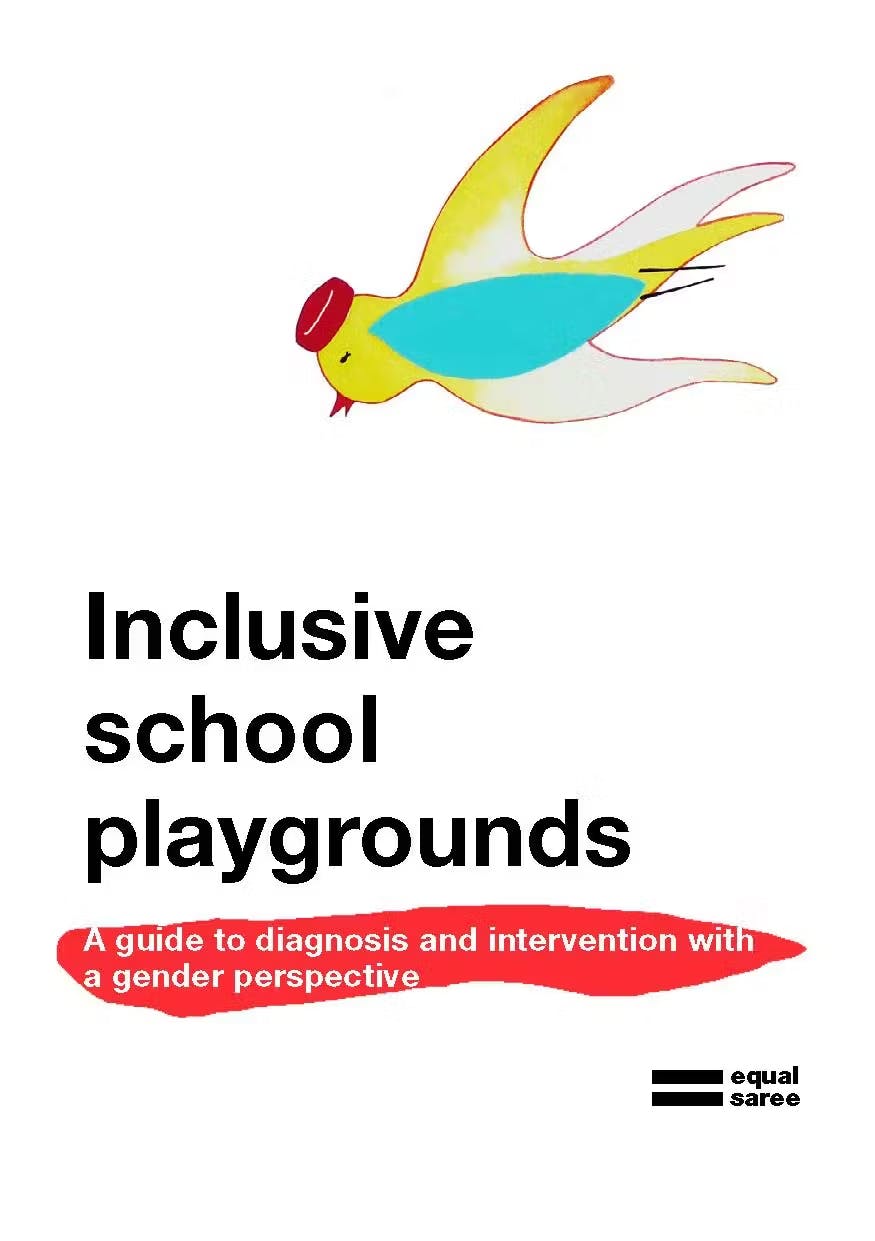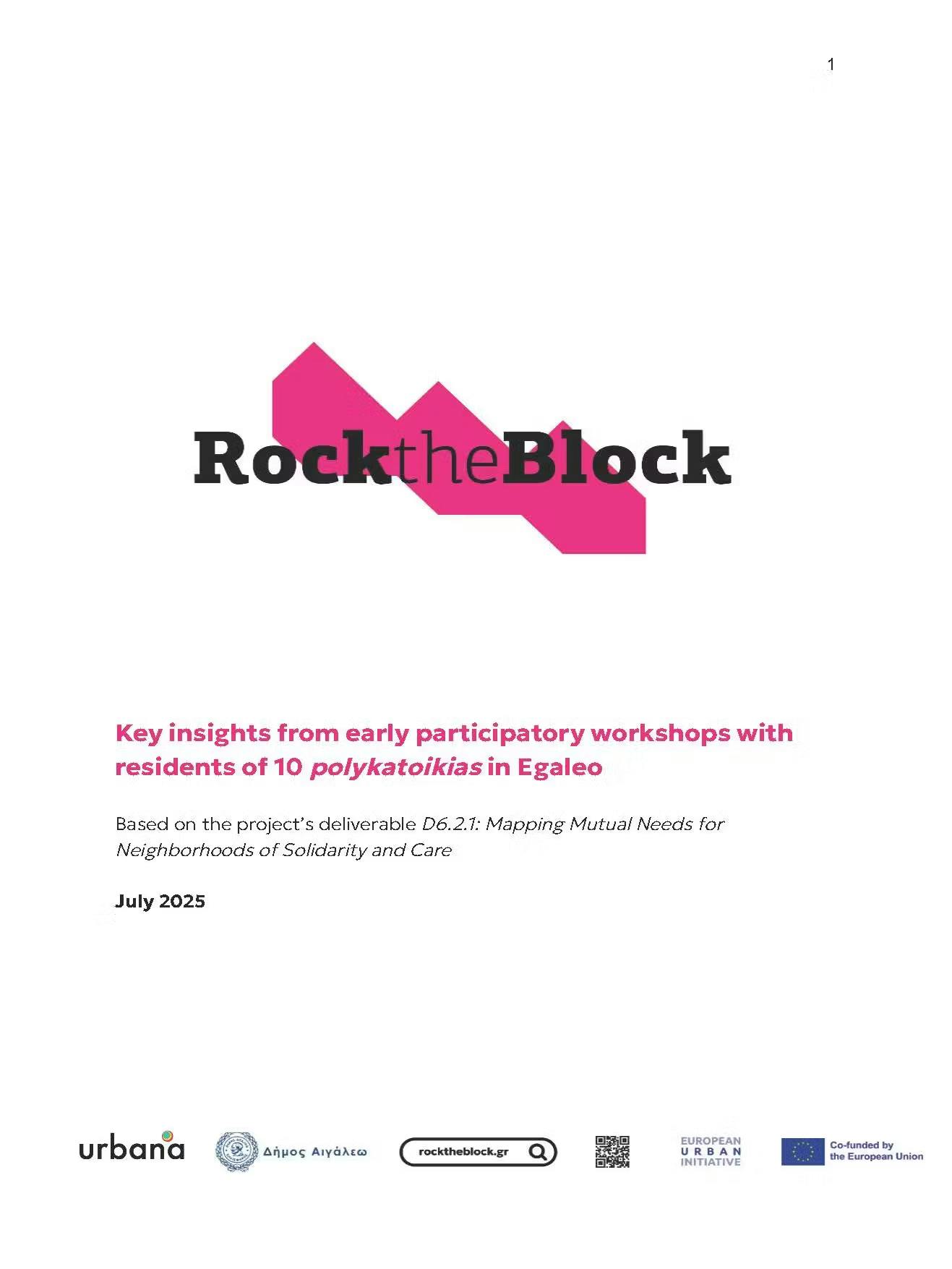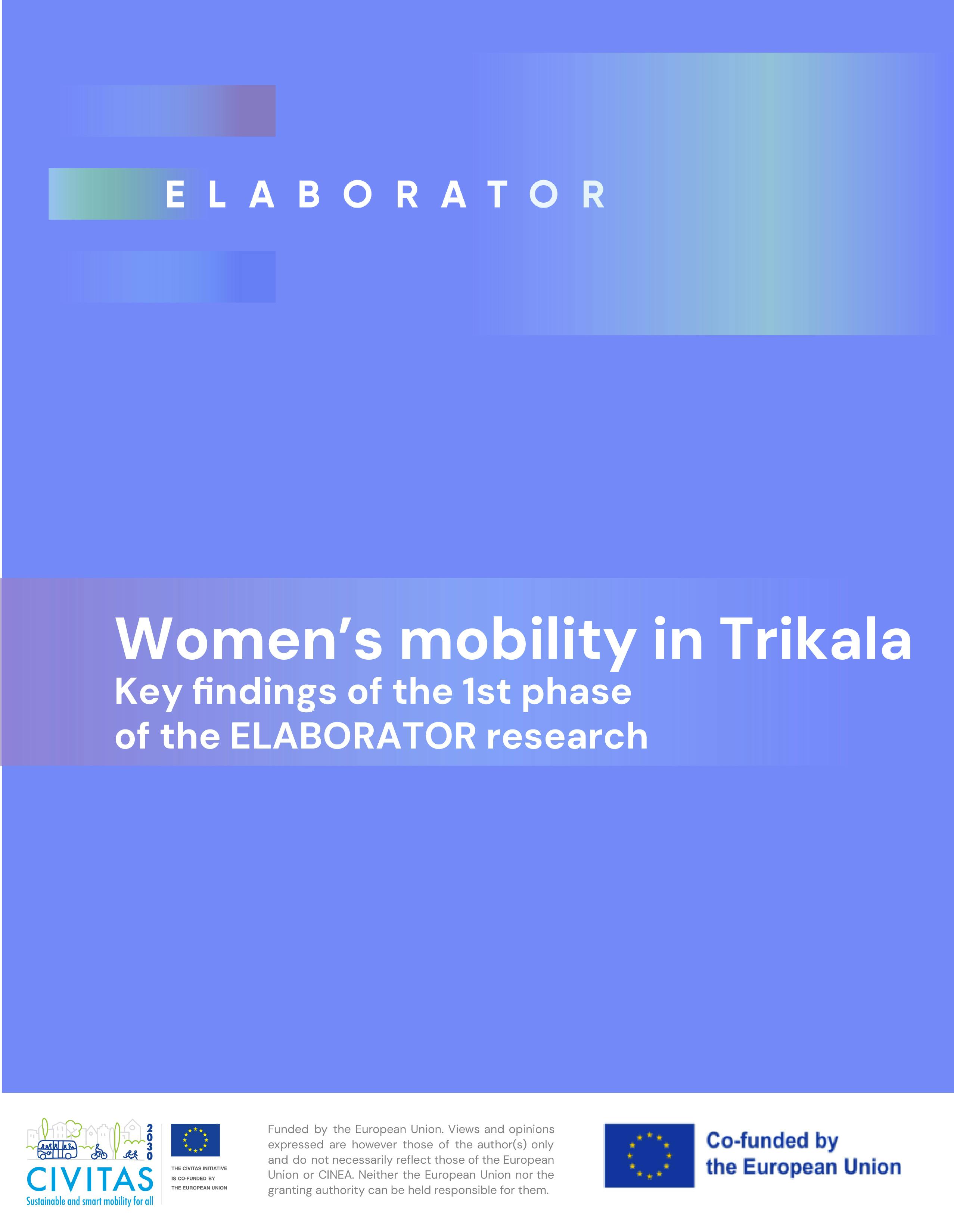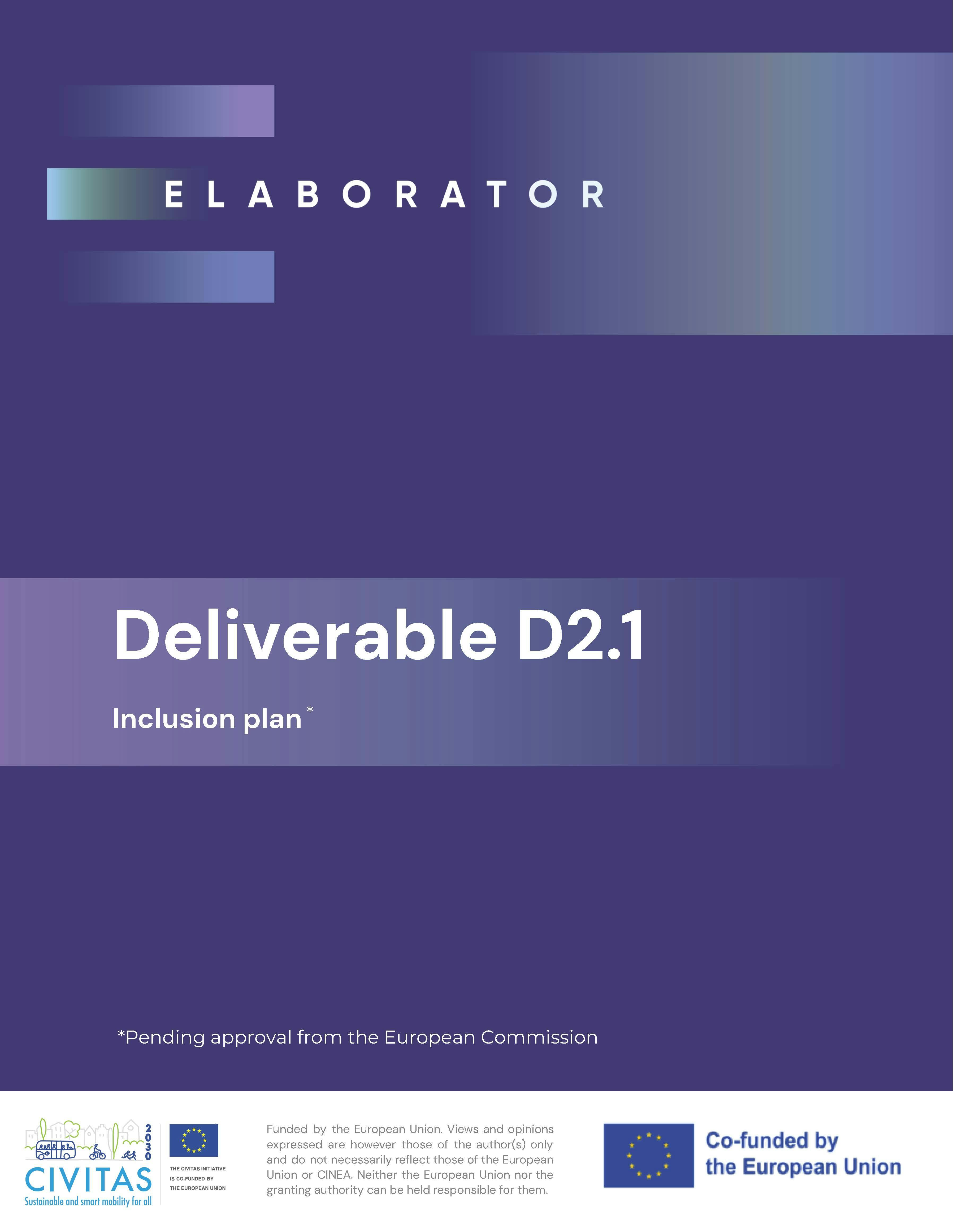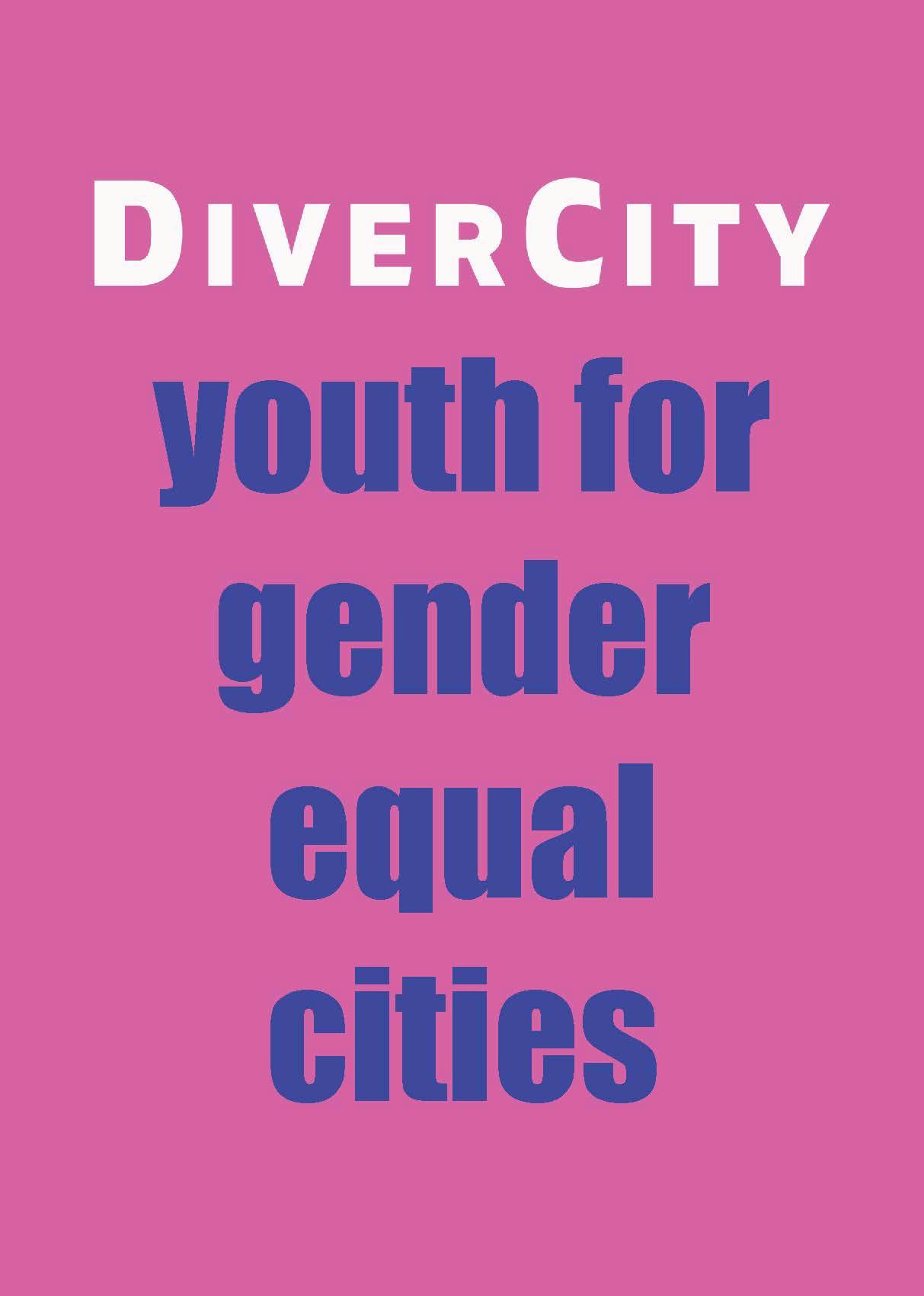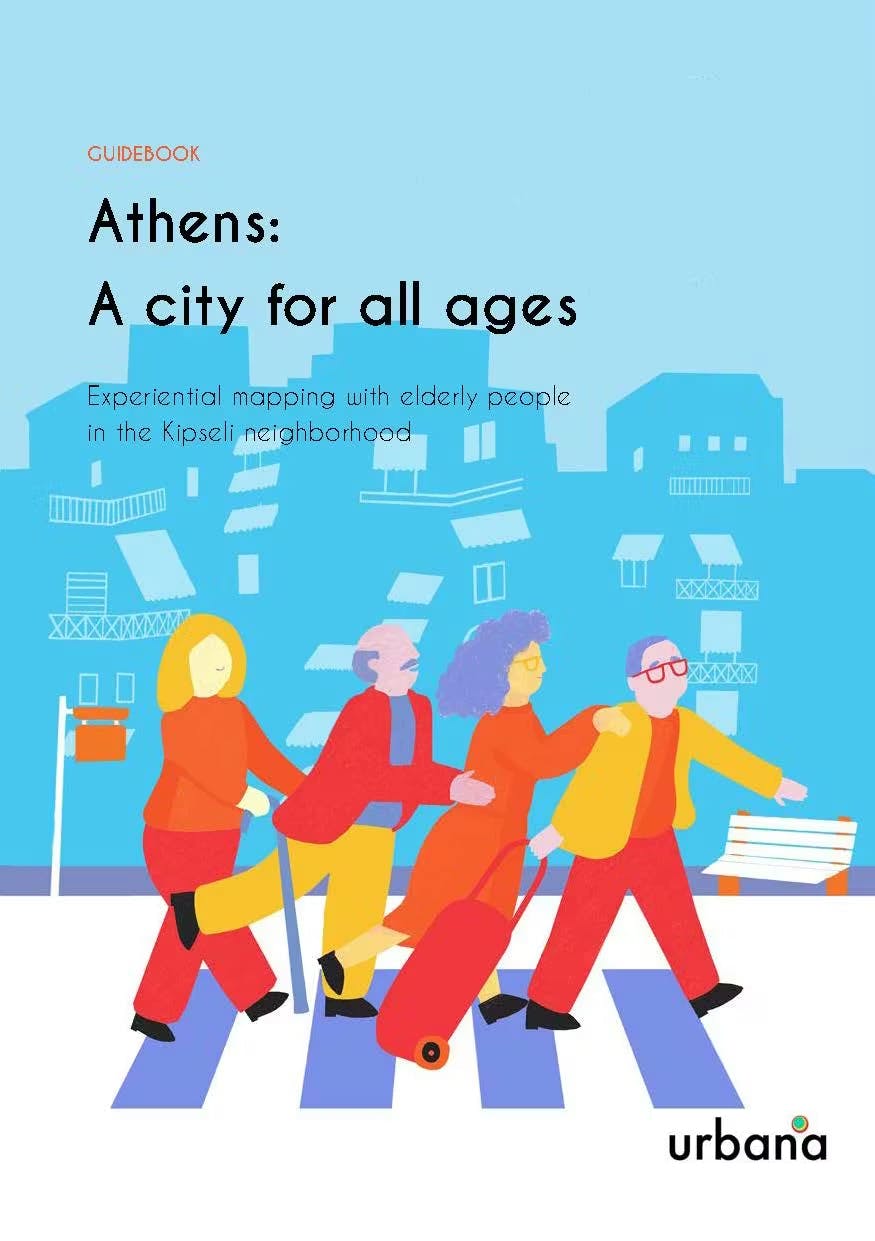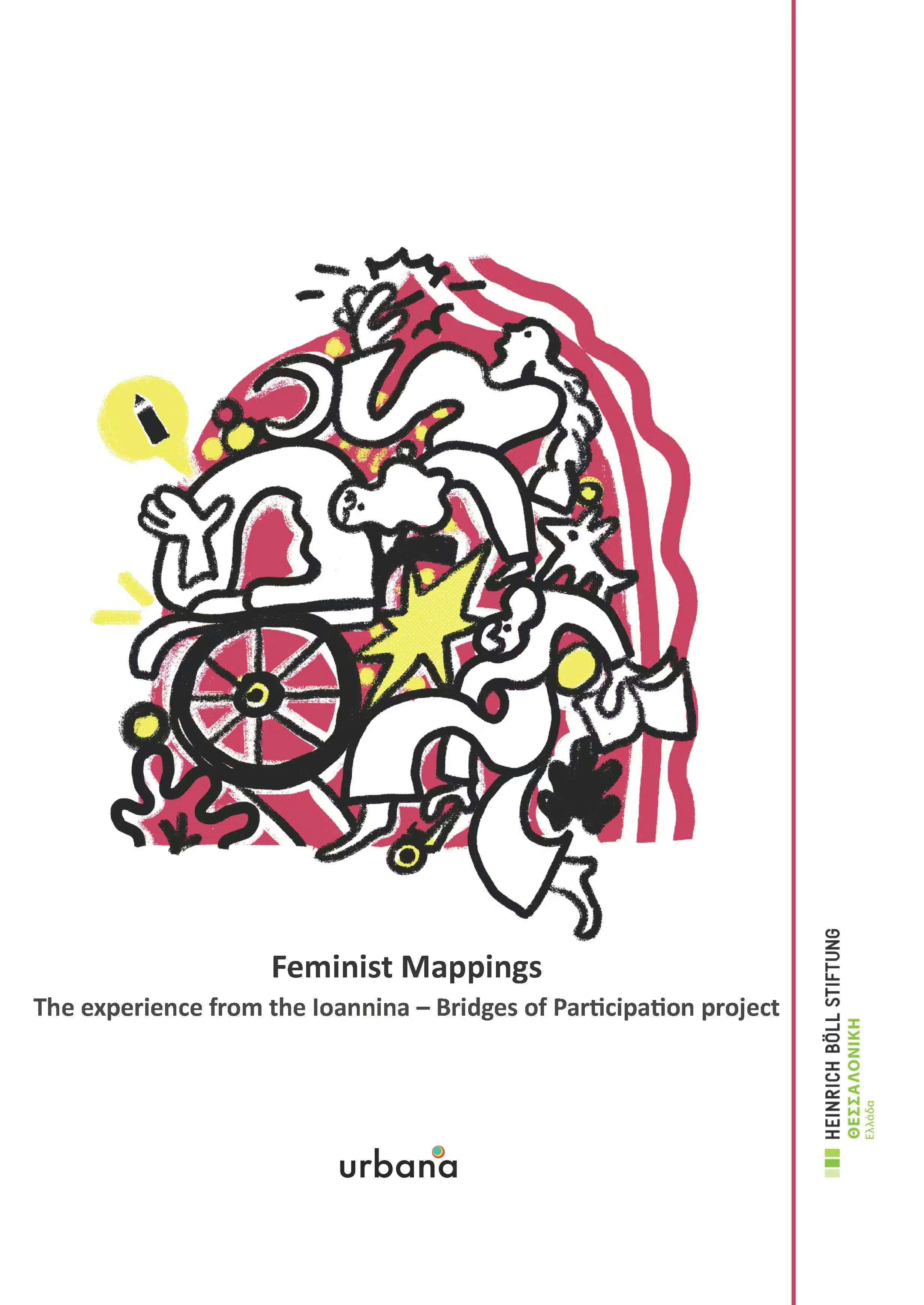Reading
Videos
The animation is about women, like you, like us, like all of us, and their daily lives in the cities. What does it mean to live and move as a woman in an urban environment? And what can you do to change it? Our vision is of cities that are friendly to women, older people, children, people with disabilities and all vulnerable groups. Our mission is to ensure the right to the city through participatory processes and the constant presence of the people who live and move in the cities in decision-making centres. In short, cities can and must change!
As part of the Erasmus+ program DiverCity, we teamed up with the participants of our workshops to co-create the PagratiFem Project. Using participatory budgeting, we organized a mini festival in the neighborhood of Pagrati in Athens, where we had meaningful conversations with women of all ages about the challenges we face daily in our cities.
One of our favourite projects, Avles Simperilipsis (Inclusive Schoolyards), was selected as one of the 61 finalists out of over 1450 applicants for the New European Bauhaus Prizes for 2023! The schoolyard is the first public space for children. However, it is usually a vast space where children (mostly boys) play football and chase occupying the center of the place, while children who don’t want to participate stay in the periphery. By exploring creative and pedagogical uses of the yard, students became young researchers: they gathered suggestions from their classmates and proposed how they wanted their schoolyard to look and function.
Are women visible in the city? Are public spaces safe for women? Are women’s experiences heard? Considering a wide range of aspects and indicators, such as visibility, accessibility, and safety for women in the city, we conducted a series of exploratory walks in the neighborhoods of Agios Dimitrios (broader Athens Metropolitan Area). With the participation of the residents of Agios Dimitrios, we had the opportunity to map shared problems and evaluate the public space from a gender perspective. Via a participatory and inclusive process, the participants shared their thoughts and suggestions on how to improve their city, in order to be more friendly and inclusive for women.
Modern cities are designed to facilitate capital production while marginalizing other key needs that we have as individuals. Eva Grigoriadou, founder of URBANA, talks about how a feminist perspective can help us rethink and redesign our cities by putting our diverse everyday lives in the center of urban planning.
In 2019, Eva founded the feminist architecture group URBANA: a civil non-profit partnership consisting of architects, social and political scientists. The group envisions an inclusive city in which different needs are anticipated and where we all feel comfortable and safe.
This talk was given at a TEDx event using the TED conference format but independently organized by a local community.
Through a series of workshops, 15 women students of Panteion University participated in the exploratory walks around the area of the University and evaluated their experiences. The project aimed to highlight women's daily experiences as a tool for rethinking the city and developing more inclusive interventions in the public space.
